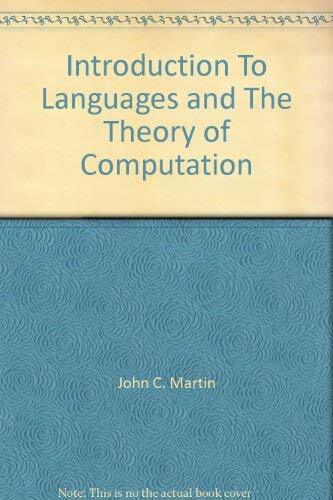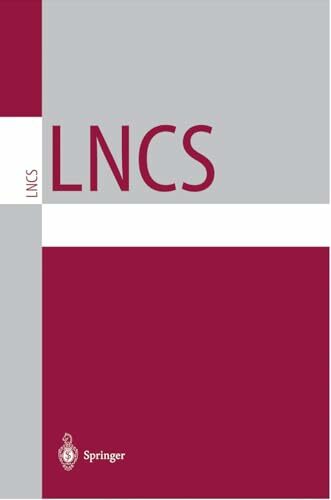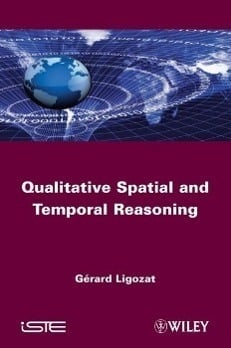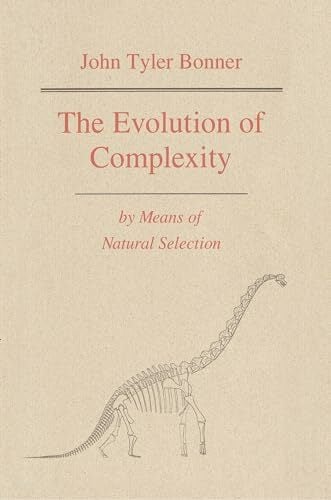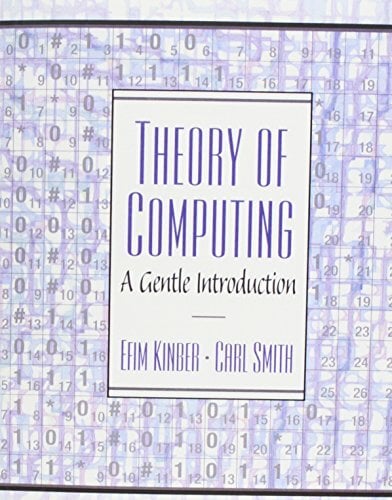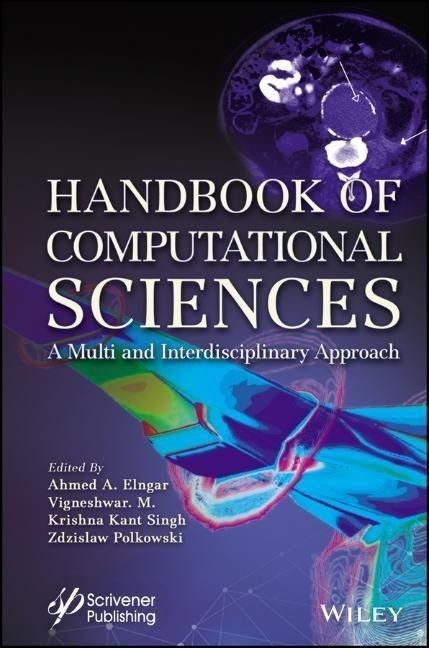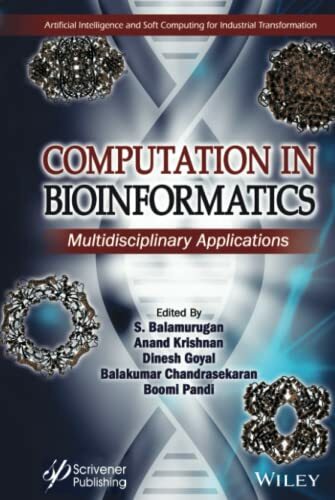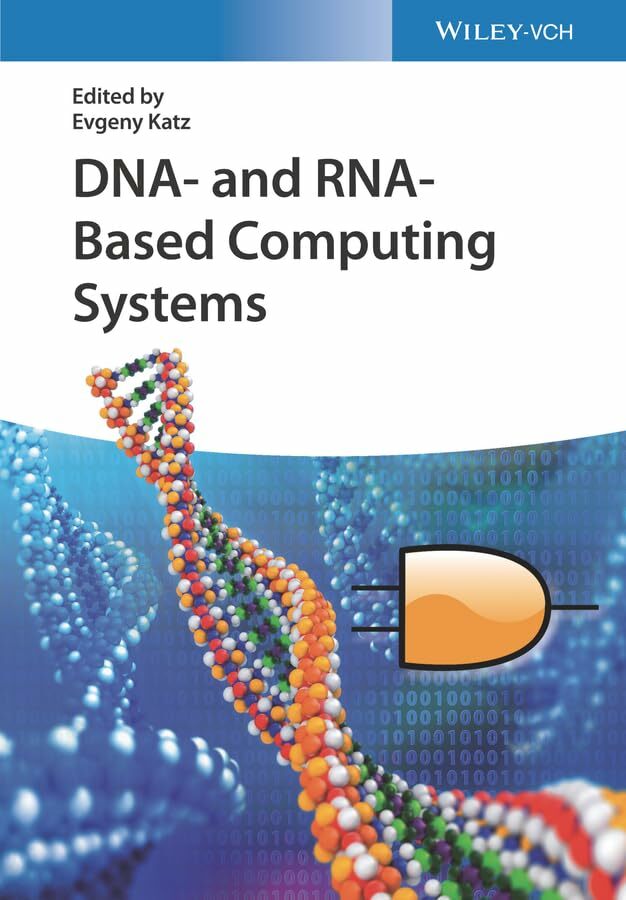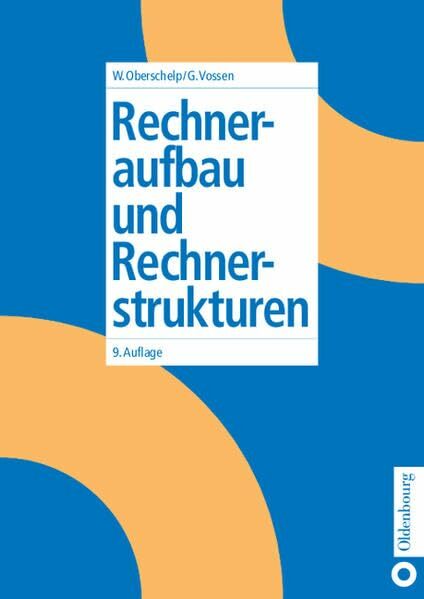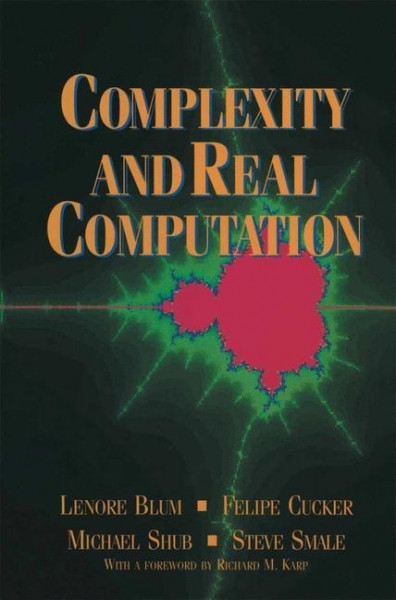
Complexity and Real Computation
Kurzinformation
inkl. MwSt. Versandinformationen
Artikel zZt. nicht lieferbar
Artikel zZt. nicht lieferbar

Beschreibung
Computational complexity theory provides a framework for understanding the cost of solving computational problems, as measured by the requirement for resources such as time and space. The objects of study are algorithms defined within a formal model of computation. Upper bounds on the computational complexity of a problem are usually derived by constructing and analyzing specific algorithms. Meaningful lower bounds on computational complexity are harder to come by, and are not available for most problems of interest. The dominant approach in complexity theory is to consider algorithms as oper ating on finite strings of symbols from a finite alphabet. Such strings may represent various discrete objects such as integers or algebraic expressions, but cannot rep resent real or complex numbers, unless the numbers are rounded to approximate values from a discrete set. A major concern of the theory is the number of com putation steps required to solve a problem, as a function of the length of the input string. von Blum, Lenore;Smale, Steve;Shub, Michael;Cucker, Felipe;
Produktdetails

So garantieren wir Dir zu jeder Zeit Premiumqualität.
Über den Autor

- Gebunden
- 266 Seiten
- Erschienen 2012
- Springer
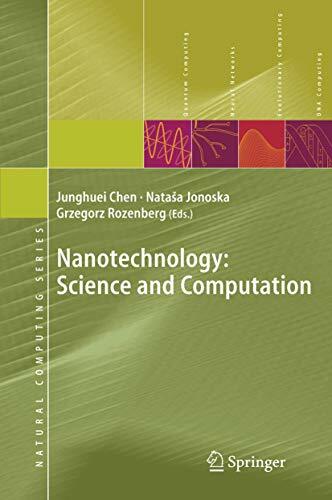
- hardcover
- 404 Seiten
- Erschienen 2005
- Springer
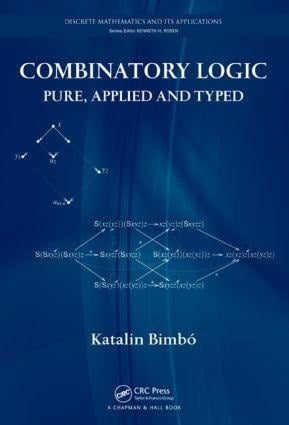
- Hardcover
- 358 Seiten
- Erschienen 2011
- Routledge

- hardcover
- 432 Seiten
- Erschienen 2020
- Wiley

- paperback
- 308 Seiten
- Erschienen 2014
- Springer Spektrum

- Kartoniert
- 404 Seiten
- Erschienen 2014
- Springer

- Gebunden
- 312 Seiten
- Erschienen 2018
- Springer

- hardcover
- 275 Seiten
- Erschienen 2013
- Springer
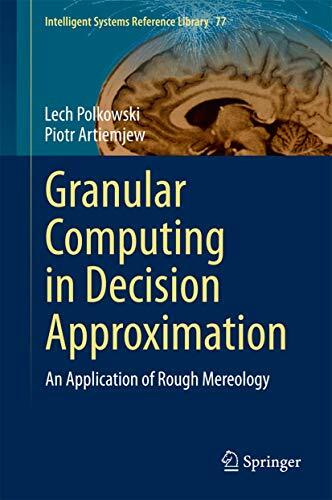
- Gebunden
- 445 Seiten
- Erschienen 2015
- Springer
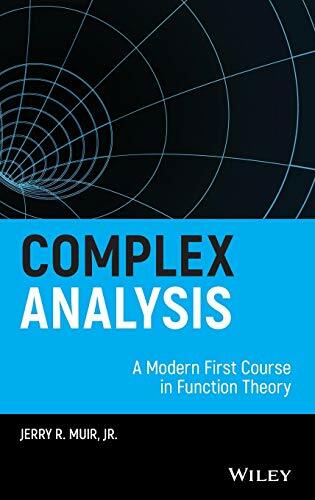
- hardcover
- 280 Seiten
- Erschienen 2015
- Wiley

- Kartoniert
- 1078 Seiten
- Erschienen 2001
- Springer








